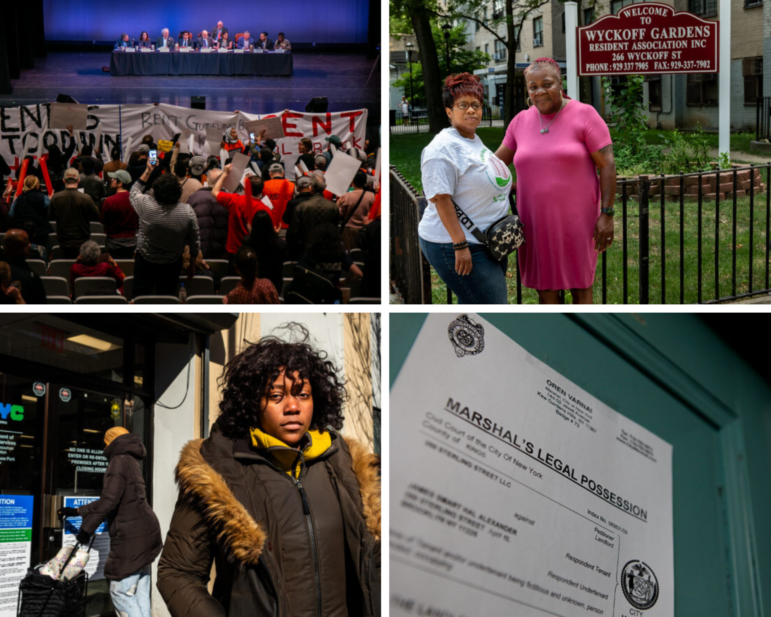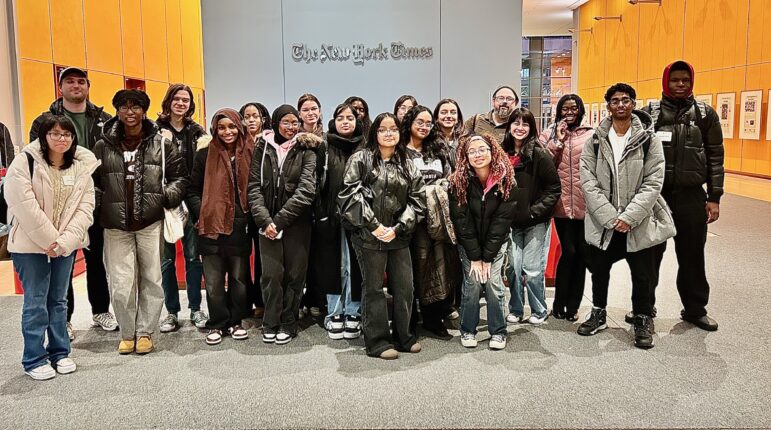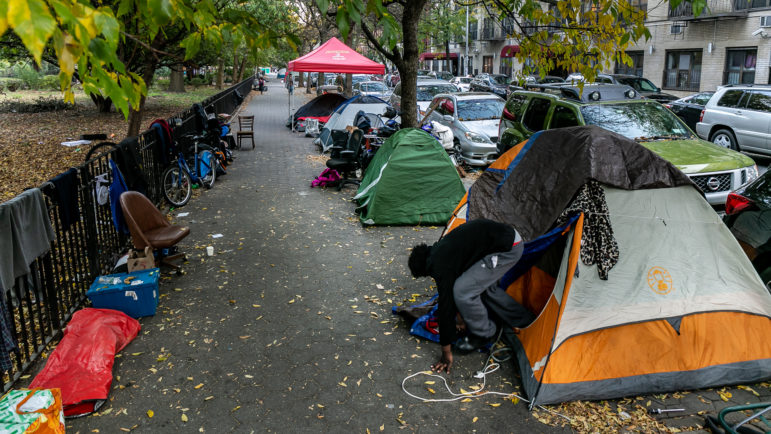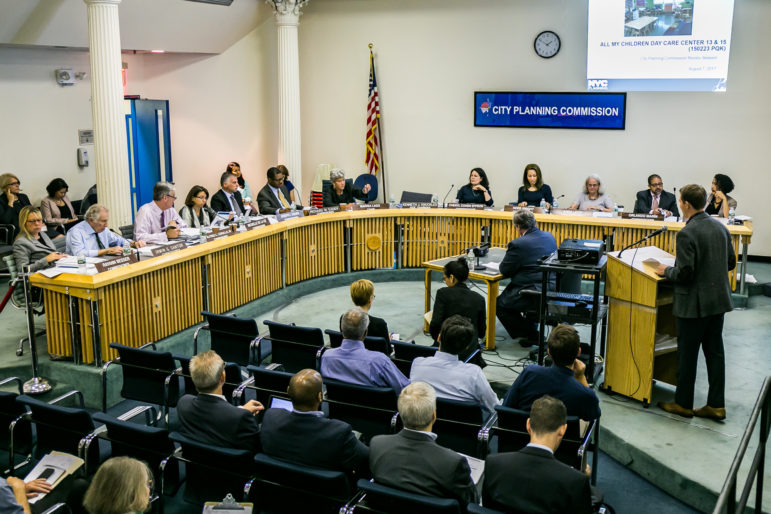Advocates for affordable housing are combing through Mayor Bloomberg’s proposed 2007 budget and weighing in on what it portends for nonprofit developers. Some say the budget doesn’t square with the mayor’s rhetoric; others are willing to give the mayor the benefit of the doubt while the budget process plays out over the coming months.
Up to now, Mayor Bloomberg’s housing plan has been warmly embraced by affordable housing proponents grateful for a public official who has placed housing among his top agenda items. The National Low Income Housing Coalition invited Bloomberg to address its annual meeting in February, where he presented the next phase of the “New Housing Marketplace,” the plan he said would ultimately create 165,000 in new and preserved affordable housing units by 2013, with an additional $630 million in funding.
But David Greenberg, an analyst for the Association for Neighborhood and Housing Development (ANHD), a coalition of community-based nonprofit development groups, recently crunched the numbers for the ANHD Reader and found cause for alarm. “If this is enacted, it could be serious,” Greenberg said.
The most glaring reduction is in the capital plan, he noted, where $36 million has been cut from preservation programs, and with no funding anywhere to be found for the creation of an entity to oversee a comprehensive preservation effort—which Greenberg said the mayor promised in his last campaign.
However, Neill Coleman, a spokesperson for the city’s Department of Housing Preservation and Development said the mayor’s housing plan described how the city would seek foundation grants to explore if a new entity was necessary for the preservation initiative. “We are still at the stage of applying for the grant for the consultant,” he wrote in an email message.
Nonetheless, ANHD said that fewer dollars for preservation and relocation—activities that are more commonly embraced by nonprofit housing groups than their for-profit counterparts— indicates a shift in priorities.
“The shift we’re seeing is an emphasis on large developers, not small nonprofits who reach those most in need,” said Irene Baldwin, ANHD executive director. A real commitment to building low-cost housing—and keeping it low-cost—means investing in nonprofit, not private development, she added.
Other changes include substantial reductions in the expense budget for City Council initiatives, including a $2.5 million cut from community law office, anti-eviction and SRO legal services; a $1.05 million cut from Community Consultant Contracts (CCC); and a $740,000 cut from the Neighborhood Preservation Consultant (NPCP) Program. Both CCC and NPCP assist community groups working with tenants and landlords to preserve affordable housing, said Greenberg.
Yet other watchdogs point out that the budget is by no means final. And most nonprofit developers say they aren’t panicking—at least, not yet.
Nancy Biberman, executive director of the Women’s Housing & Economic Development Corporation in the Bronx, is optimistic that Bloomberg will live up to the goals of his housing plan, citing his success at marshalling private resources to help nonprofit developers compete with for-profit developers in acquiring privately-owned land. The mayor used a similar strategy to bring in more money for the public schools, she noted. “It’s the right way to do things,” Biberman said. “There’s a lot of money being made in the city right now.”
Joseph Cicciu, executive director of another Bronx nonprofit, the Belmont Arthur Avenue Local Development Corporation, said he’s not overly concerned. “Most of our projects are preservation,” Cicciu said. “I know HPD considers these programs important and effective.” But he noted that even when the dollars are restored, it doesn’t catch up with inflation and the increasing costs of developing housing. And he could do without the ritual parrying of the budget season, even if things turn out all right in the end. “Why is the budget always caught up in this drama?” he asked.








